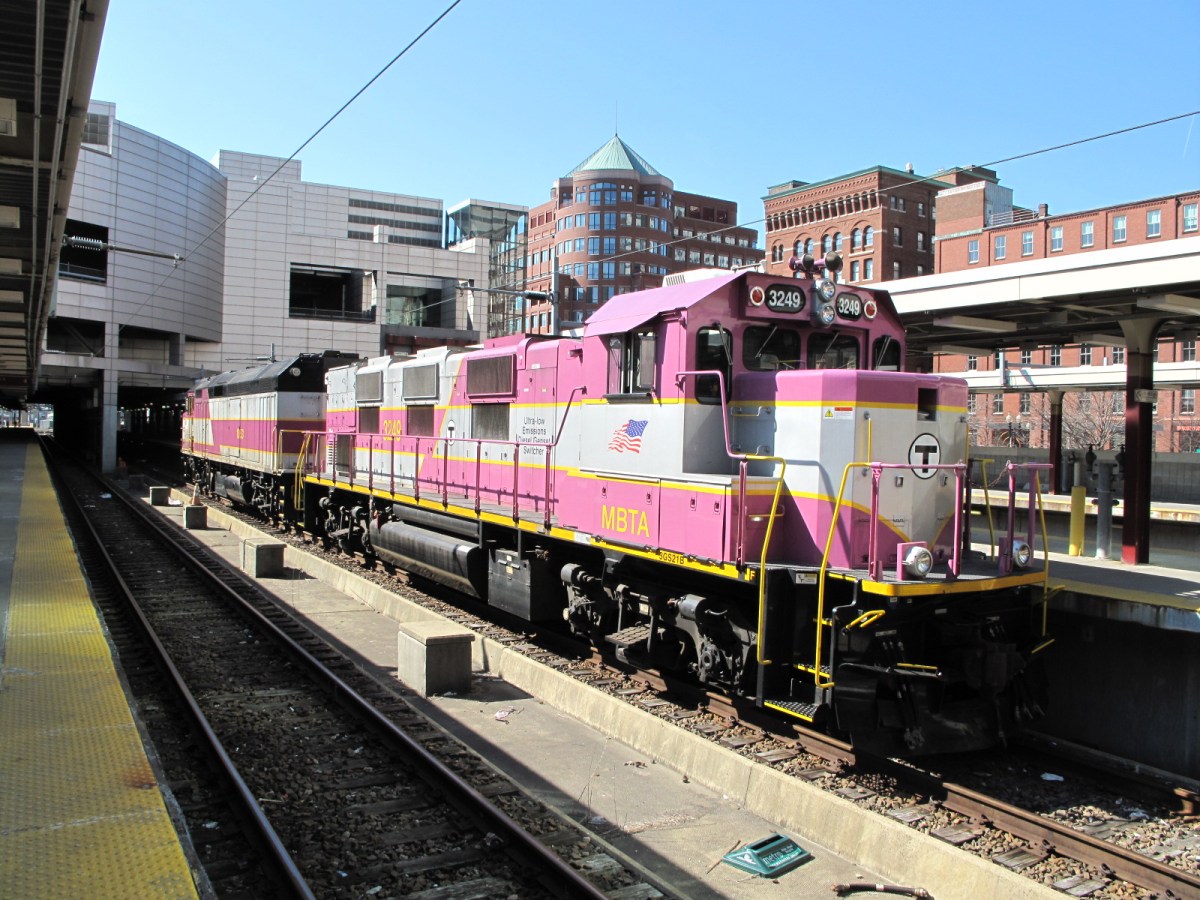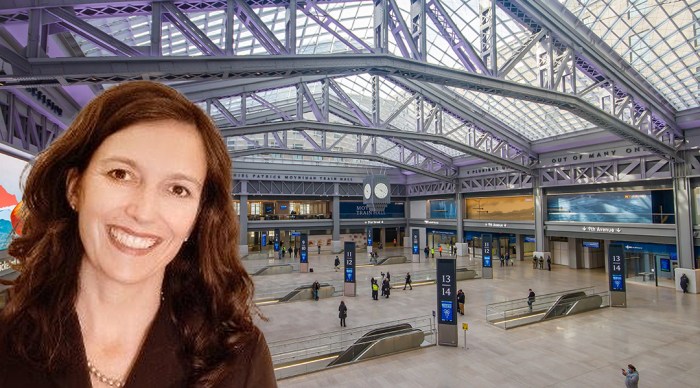The MBTA plans to spend up to a million dollars to study changes to parking and other potential development at its properties. Transportation watchdogs say the research could lead to more modernization of stations and bring in more revenue, but stress that the process needs to be handled carefully.
Specifically, the T is looking for consultants for two studies—one to examine the market for parking across the system, and another focusing on land use specifically at Alewife station—with a combined budget of $1 million to produce results in the next nine months. Information from the Alewife study will help instruct the larger survey, T officials said.
That larger study will reportedly give the T a framework to make “informed tradeoffs between bicycle and automobile investment” and determine which stations have parking surplus or gaps. Ultimately, MBTA officials hope the effort will spur “reconfiguring [of] MBTA station access to better support customer journeys,” according to bid documents. T spokesman Joe Pesaturo said the agency would continue to support both methods of transit—bike and auto—to and from stations.
Chris Dempsey, director of the coalition Transportation For Massachusetts, said the T should primarily study aspects of its infrastructure that have not received enough attention in the past,” Dempsey said. “It makes sense to ask questions about what the alternatives to parking may be. There’s clearly stations where there is a parking shortage, but there are other needs around stations. Housing is important.”
Dempsey said that he supports the Alewife study, which includes “a market analysis of the potential to support joint development.” The MBTA is one of the largest landowners in the state and the Alewife parking garage—which was shuttered last year after concrete fell from its ceiling—is still valued at more than $64 million, according to the City of Cambridge, while the T also owns other parcels around where there has been significant development.
“The Alewife area is changing quickly, and it is an area of key importance both to the City of Cambridge and the surrounding area,” Pesaturo said. “This study isn’t inherently about selling or leasing the land, but understanding how the Alewife Station and garage can contribute to a dynamic urban area while meeting the mobility needs of transit customers.”
Charlie Chieppo, a senior fellow at the Pioneer Institute, said the T could potentially reap millions from the sale and lease of property, but said the transit-focused agency should let outsiders handle any property deals down the road.
“The biggest mistake they can make is to be developers internally,” Chieppo said. “They just need to contract with developers and [use] their expertise in that area to maximize the potential to monetize assets … You need people who are experts in the field to say, ‘Can I get so much for this right now it makes sense to develop? Or over time is this a gift that keeps on giving and it’s an asset you want to maintain?’ You don’t want to be selling the couch cushions to balance the budget.”
Dempsey agreed.
“They could sell off the property and not put many strings attached to it to maximize the price they get in order to reinvest into the system,” Dempsey said. “But there are reasons for strings—affordable housing, not overbuilding the parking supply for people who live there, better accessibility—those strings might reduce the amount the T can bring in from the sale but could have bigger and broader benefits.”
This article was produced in collaboration with the Boston Institute for Nonprofit Journalism. To support independent local reporting visit givetobinj.org.



















